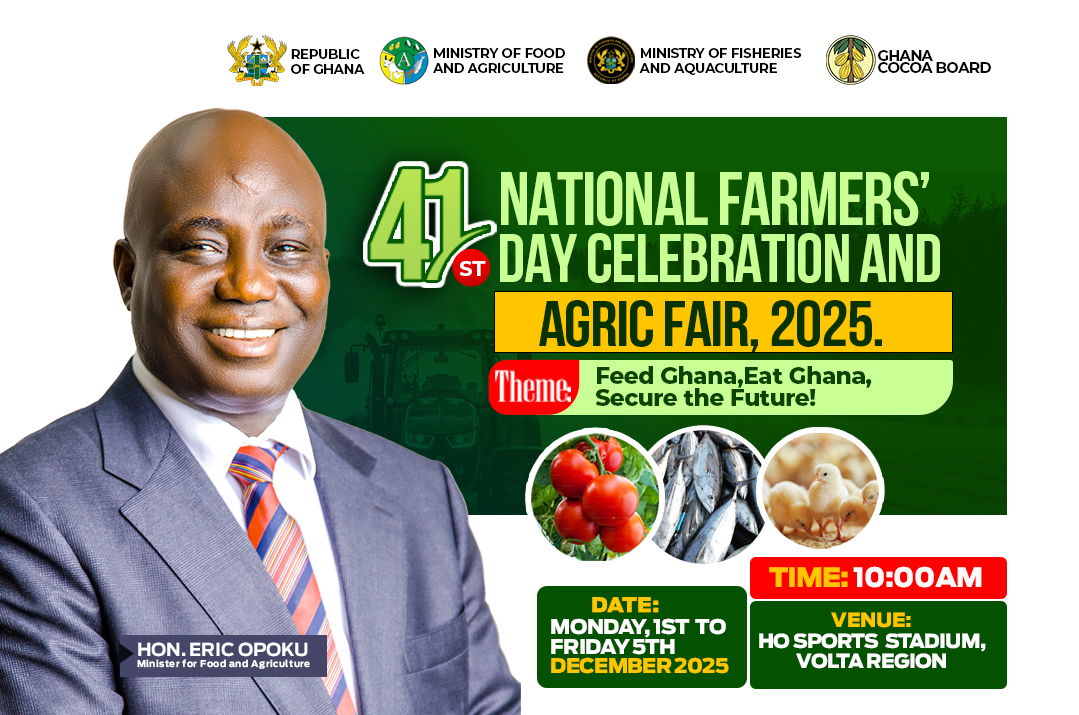- Background
The 11th European Development Fund (EDF) National Indicative Programme (NIP) is a bilateral development financing arrangement between the Government of Ghana (GoG) and the European Union for the period 2017 – 2023 totaling €323.0 million grant. It covers three (3) thematic areas - Governance, Agriculture and Social Protection. The agriculture programme has a total budget of €160 million representing about 50%, but was reduced to €147 million for budget support.
1.1 Agriculture
The agriculture is titled ‘European Union - Ghana Agriculture Programme’ (EU-GAP), and is being implemented in Savannah Ecological Zones of Ghana, specifically, in 14 districts; 11 in the Upper West Region (Wa West, Wa East, Wa Municipal, Nadowli Kaleo, Daffiama-Bussie-Issa, Jirapa, Lawra, Lamsussie, Nandom, Sissala East and Sissala West), 2 in Savannah Region (Sawla-Tuna-Kalba and North Gonja) and 1 in North East Region (Manprugu Moagduri).
The global vision of the EU-GAP is; “An inclusive productive local economy providing sustainable livelihoods for the target population in the Joint Programme Area in the context of climate change”
The objective of the Programme is to provide critical infrastructural investments and strengthen integrated business models along Cashew, Groundnut, Mango, Rice, Sorghum, Soybeans and Vegetable value chains. These value chains are expected to stimulate inclusive and sustainable economic growth.
1.2 Implementing Agencies and organizations
The European Union in consultation with the GoG through delegation arrangements contracted GIZ, AFD and the World Bank to implement various components of the programme in partnership with designated Government agencies as outlined below.
GIZ together with decentralized departments of Agriculture – Delegated to implement The Market Oriented Agriculture Component and “Resilience Against Climate Change (REACH).
AFD in partnership with the Ghana Irrigation Development Authority – Delegated to implement the water management sub-component of the “Productive investments in infrastructure Component. The component has three other sub-components to be implemented by different arrangements - Transportation, Energy and Matching Grant. AFD will also be responsible for the Matching Grant component which is to attract additional financing from private investors. The Solar Energy sub-component is to be delegated to “ElectriFI” through the Africa Investment Fund (AfIF) instrument.
The World Bank in partnership with feeder roads - will be implementing the Transportation sub component


